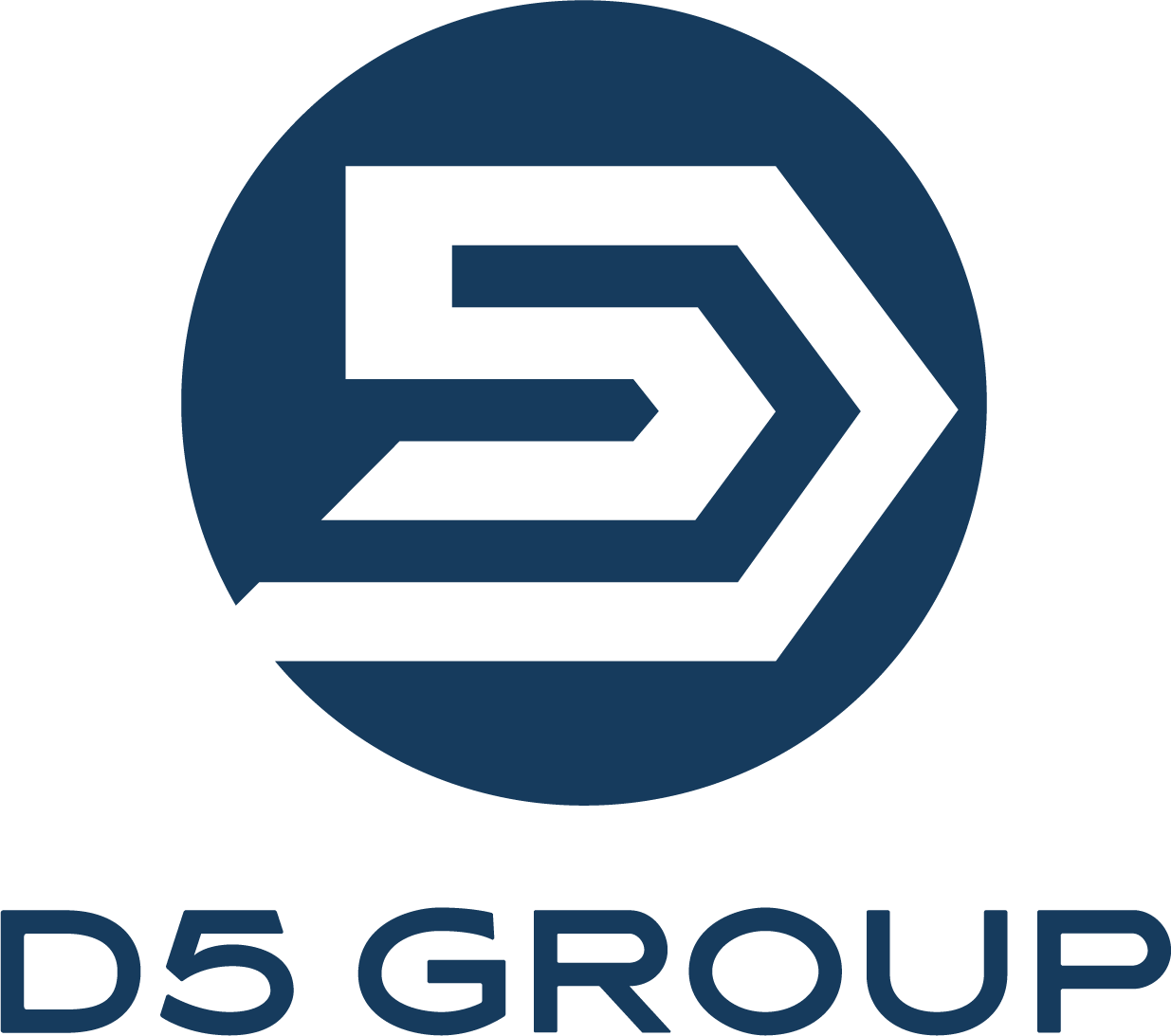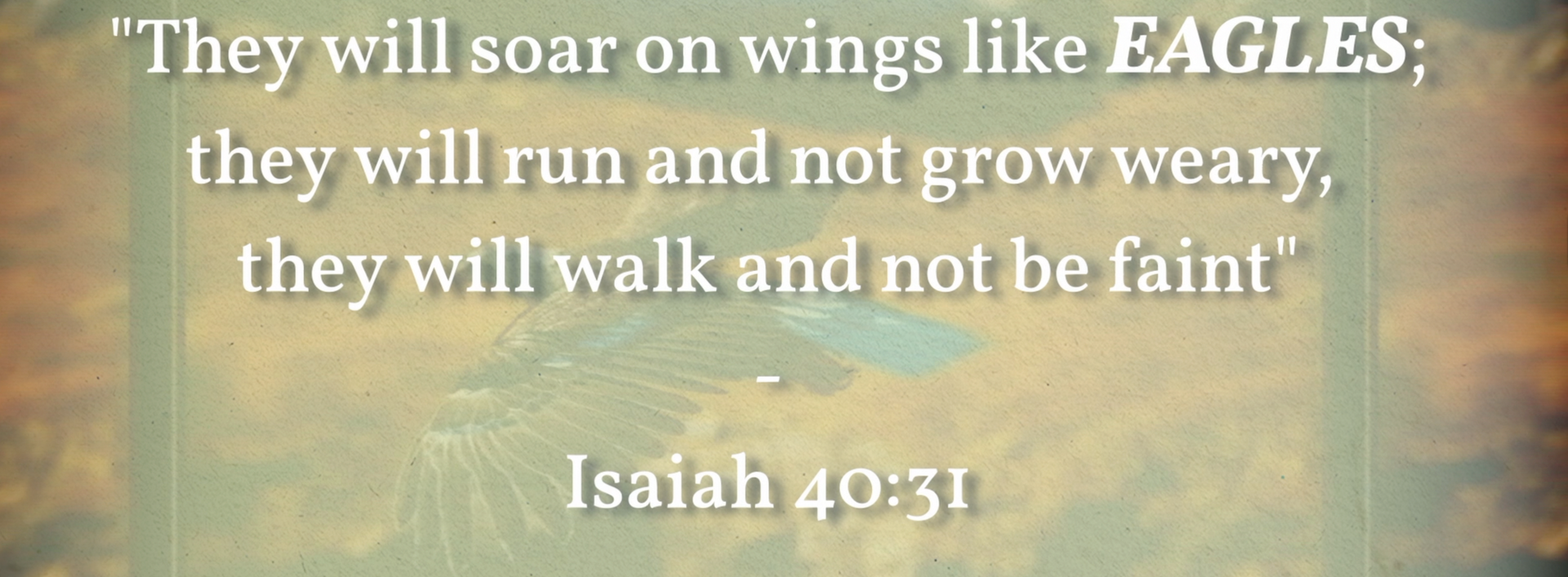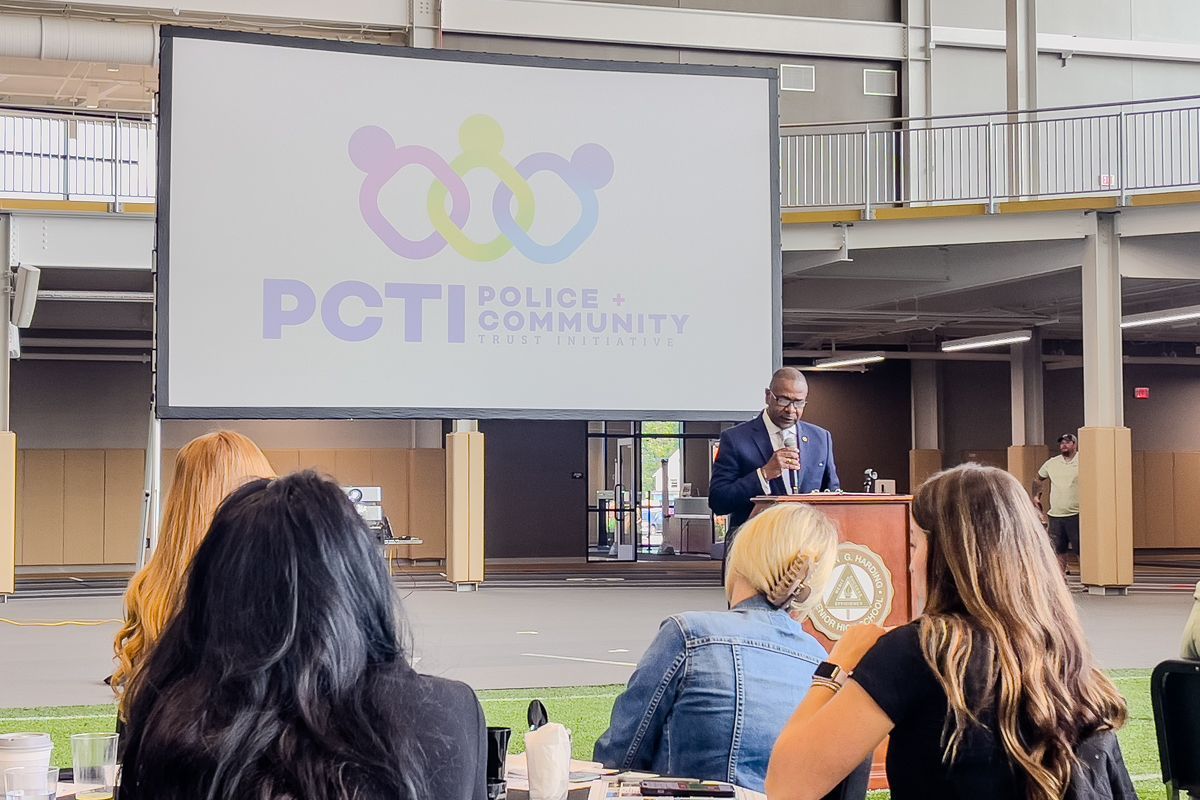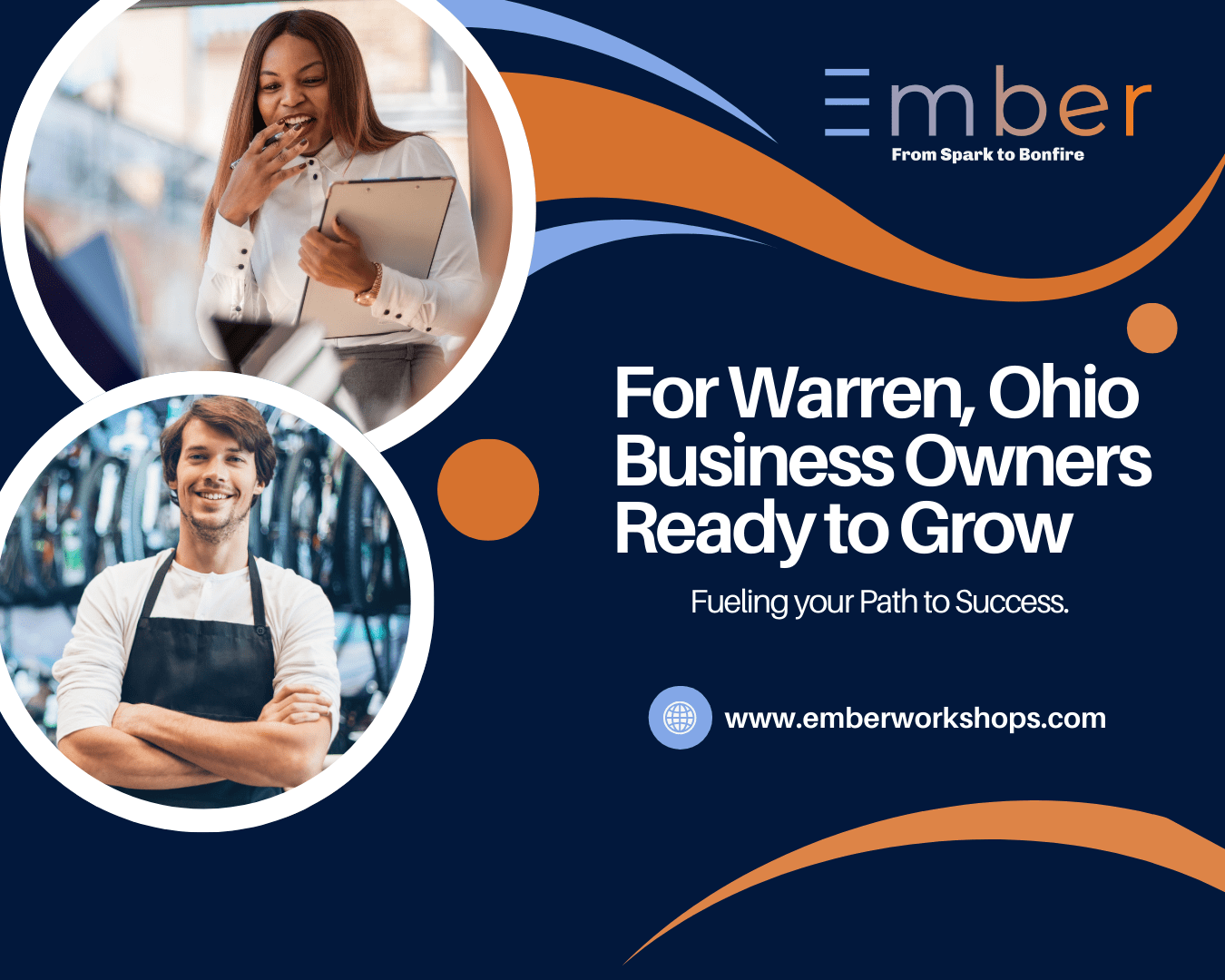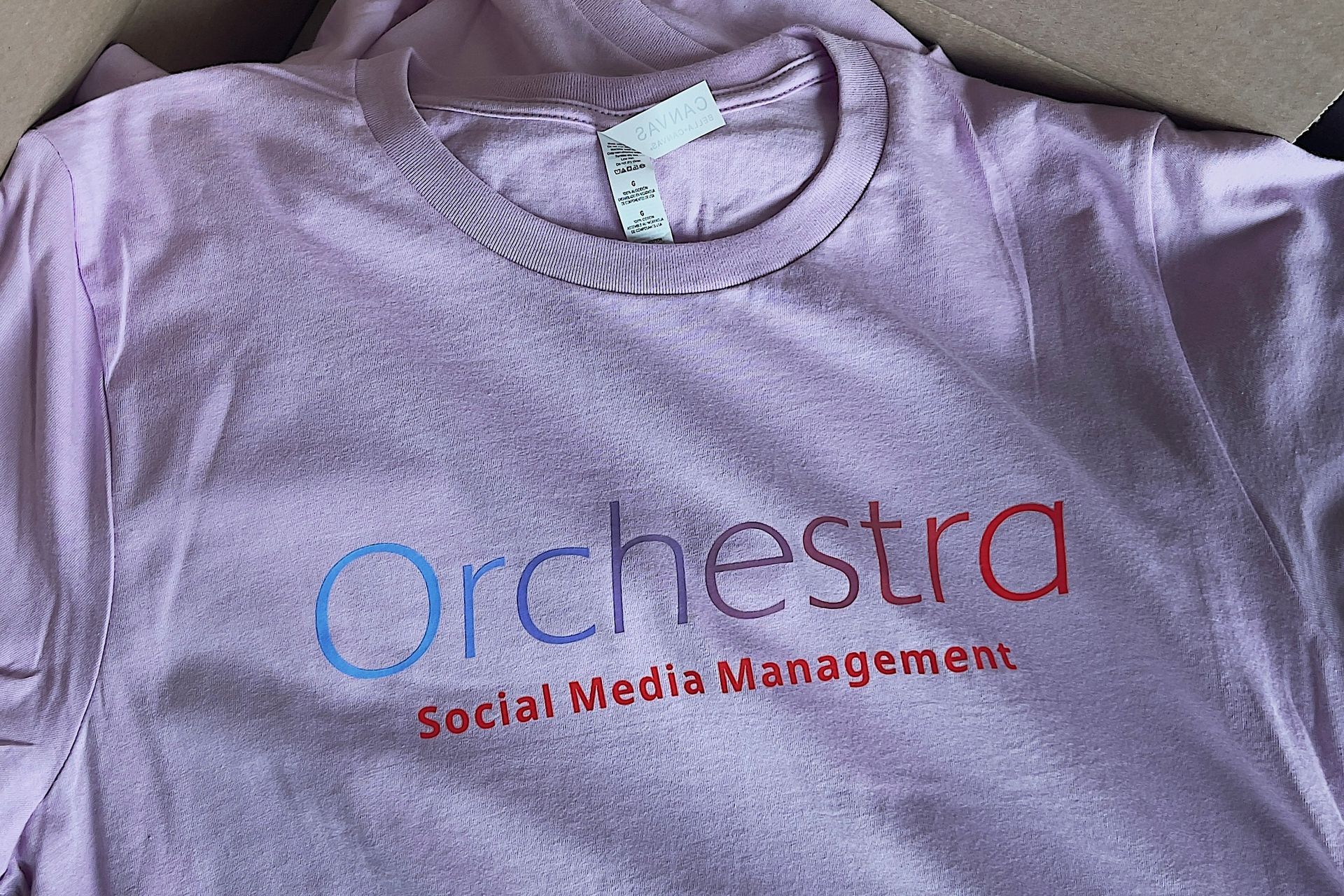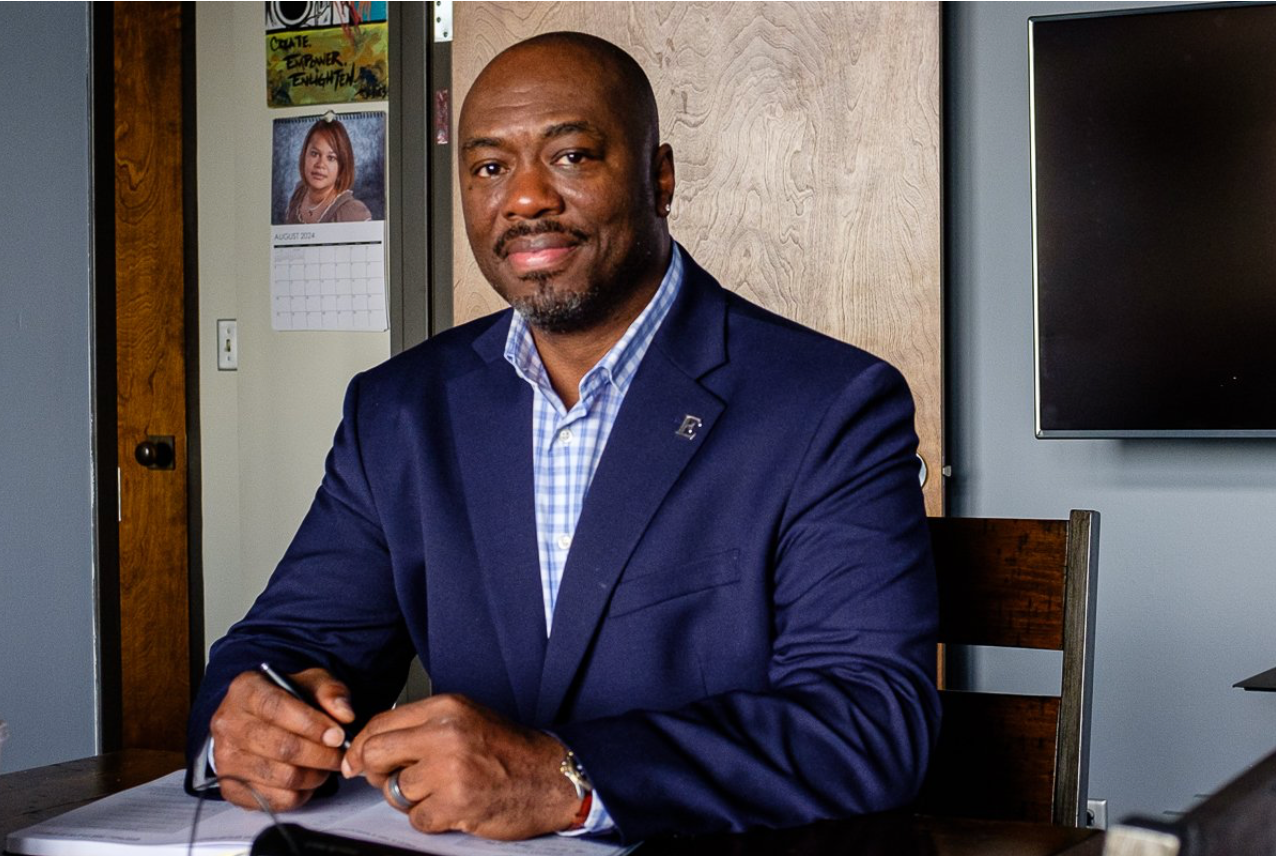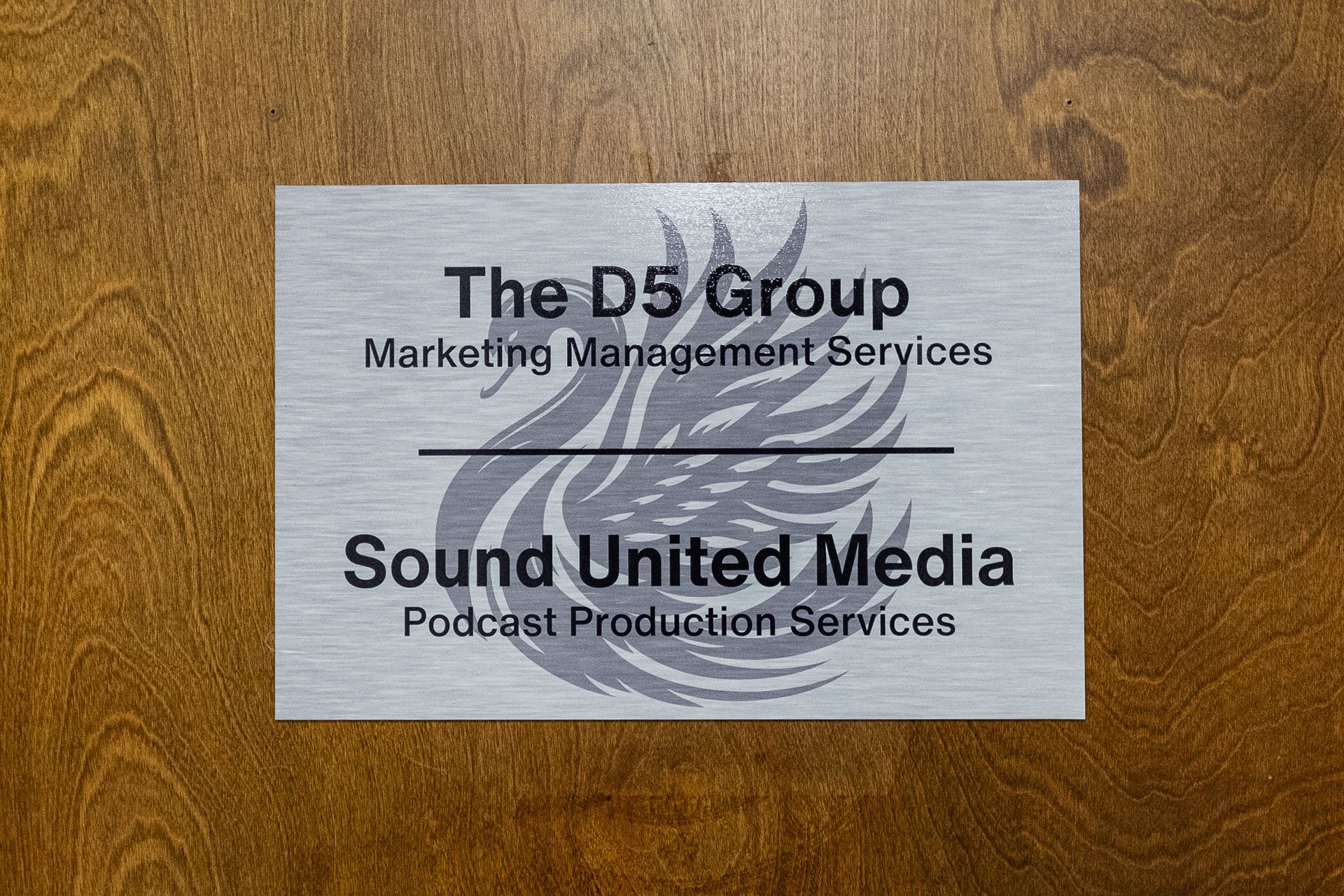Most local marketing advice is wrong, and you pay the price.

Since 2007 (ahhh, the memories), I’ve run businesses on both sides of the marketing coin, first as an owner outside the industry (Red Karma), and now as someone whose professional and work revolves around it. In other words, I’ve been the client trying to make sense of inflated marketing promises, and I’ve been the professional helping others avoid those same traps and thrive.
The above has taught me many things. But in this case, I will focus on one: much of what small businesses (and nonprofits) are told about local marketing doesn’t hold up in practice.
You see, there’s no shortage of articles suggesting ways small businesses can “beat big national competitors” or how nonprofits can “amplify” their mission through local ads, social media, and a few creative posts. The majority of the suggestions look encouraging, but they’re rarely accurate.
Here are a few that are frequently suggested.
Claim #1. “You can afford TV advertising.”
Yes, you can buy airtime. But “affordable” doesn’t mean effective, my friend. Audience data from local stations is based on estimates rather than verified viewers. You might pay for thousands of “impressions” that never reach your target audience.
There’s more… Production costs. This includes meetings, employees or freelancers, scripting, filming, and editing. That once claimed “budget-friendly” idea quickly becomes massively
expensive.
Claim #2. “Radio still works.”
Local radio can help with name recognition, but it isn’t easy to track results. Listener data is self-reported, and real conversion measurement is nearly impossible. If you run a restaurant or service company, consistent messaging can help. But radio alone doesn’t move the needle. It reminds people you exist—it doesn’t show what makes you different.
Claim #3. “Billboards get you seen.”
Keep this in mind: billboards are awareness tools, not sales drivers. They make sense once your brand is already established. For small businesses trying to grow, they’re usually a poor use of limited dollars. For small-mid Nonprofits… No!
Claim #4. “Host a charity event or open house.”
I’m a big fan in this area, so long as you have a strategy behind it, and it’s intentional. Things like ensuring at least a percentage of your target audience attends, or that the event aligns with your business. Events, sponsorships, and community engagement can build powerful local relationships. The secret is this: your value isn’t in the photos or the press release. It’s how you follow up.
Collect contacts, genuinely thank attendees, and stay authentically connected. Otherwise, it’s just another event with no measurable return… and it will be forgotten.
Claim #5. “Social media levels the playing field”
I call BS on this. It’s the biggest myth and money dump in marketing, not just local marketing.
Remember when organic reach had some gusto? No more, it’s collapsed across most platforms. Businesses now must pay to be seen, and even then, the numbers are unreliable. I have proof because I used to be all in on this. I don’t trust the numbers. “Prove it!” is my motto.
If you do some research, independent studies have shown inflated reporting, bot activity, and broad audience targeting that make performance appear better than it is.
If your ad “reached” 10,000 people but generated no real engagement, that’s not reach, that’s noise.
By the way, when the same platform that sells you the ads is also the one grading the outcomes, that’s not transparency. That’s self-interest.
Claim #6. “Digital ads let you control your budget.”
This is technically accurate, but misleading in practice. Remember, I am focusing on small businesses and nonprofits.
A small ad budget doesn’t deliver enough reach or frequency to change audience behavior. The algorithms reward high spenders who advertise consistently. So, while you can set your own budget, the results you get will rarely match the promise you’re sold. I stand on this.
Claim #7. “Google Business Profile is your best friend.”
You should think differently about this one. I’m all about GBP. After all, it’s Google. You should keep it updated because it helps with local search visibility and credibility. However, that’s not marketing; it’s maintenance. It keeps your digital sign lit. It doesn’t bring customers in on its own.
Okay, DeShawn, What Actually Works? I’m glad you asked. I’ll be concise. I’m also going to use the word “please” to emphasize importance.
Please own your data.
- Businesses and nonprofits should stop treating platform dashboards as fact. Use your own tracking tools, such as custom links, call tracking, or donor codes. Measure what drives a sale, a sign-up, or a contribution. Some of you have heard me say this many times – “When you control the data, you control the truth.” That’s how you separate what works from what looks good on a dashboard.
Please be consistent.
- Most organizations fail at marketing because they stop and start (Or don’t understand it at all). If you know what you’re doing, pick a few marketing channels that you can sustain. Post, communicate, and engage on a schedule you can keep. Consistency builds recognition and trust, helping you stay top of mind.
Please show up.
- Presence still matters. Human connections matter. Attend events. Answer questions. Follow up. Deliver what you promise. For businesses, that builds customer loyalty. For nonprofits, that builds donor confidence. Both depend on accountability.
Some major keys to remember:
• Local organizations succeed through credibility, not complexity.
• People do business with those they trust.
• Support comes from reliability, not reach.
Wrapping it up
The Real Advantage of Being Local
- Being local is not about looking big. It is about being real. You can deliver in person, follow through on promises, and stand behind your work in a way a national brand cannot. That is your advantage.
- Businesses and nonprofits that focus on credibility, consistency, and human connection outperform those chasing algorithms.
- If you want marketing that works, measure what matters. Track new customers, repeat business, donor retention, and community trust.
... everything else can be expensive noise.
About the Author
DeShawn Scott is a Professional Certified Marketer (PCM) through the American Marketing Association. He is CEO of The D5 Group, founder of Sound Media, and host of the Sound United Presents podcast. He speaks publicly on grief, widowhood, motivation, business, and other causes he believes in.
